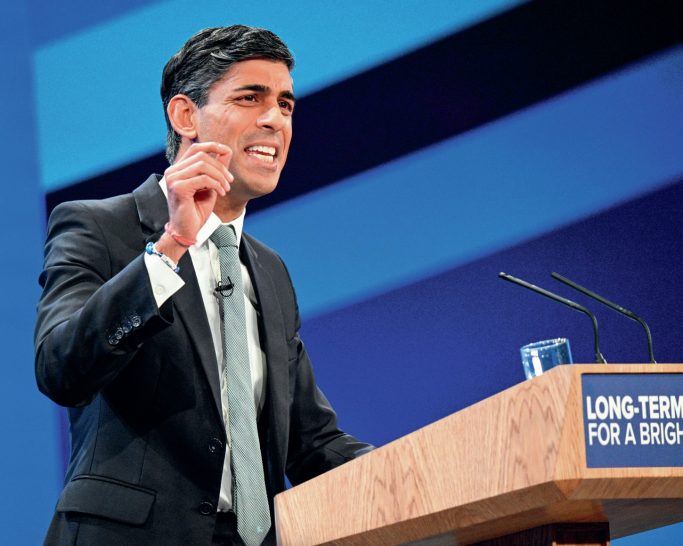
Anthropocentrism has its origins in Abrahamic religions, where God gave humanity dominion over the environment. It is the idea that human interest is of primary importance in our interaction with the environment. Rationalists from the Enlightenment perceived humans as above nature: John Locke argued: ‘We are the masters and possessor of nature.’ In the industrial era nature became subservient to human economic and materialistic needs.
Anthropocentrism is advocated by shallow green ecologists, whereby humans act as stewards of the environment, protecting the natural world so that it can continue to support life. Shallow green ecologism is reformist in nature, with ideas clustering around enlightened anthropocentrism and ‘weak sustainability’, whereby nation states regulate society and economy at national and international levels to mitigate environmental problems. Shallow green ecologists believe that the destructive elements of industrialism will be transformed so that market solutions facilitate, rather than hinder, environmentalism.
Your organisation does not have access to this article.
Sign up today to give your students the edge they need to achieve their best grades with subject expertise
Subscribe




